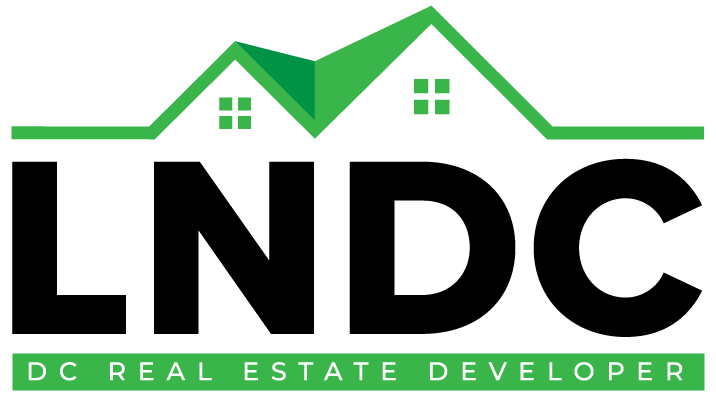What Does a Real Estate Developer Do?
If you’ve ever driven past an empty field and then, months later, seen a shiny new building there—thank a real estate developer. But seriously, what does a real estate developer do all day? It’s not just about fancy blueprints and hard hats. Let’s take a stroll through the world of real estate development, minus the jargon and with a dash of fun.
From Dirt to Dreams: The Basics of a Real Estate Developer’s Job
At its core, a real estate developer is like the project manager of the property world. They don’t just build buildings—they bring ideas to life, often starting with a patch of land and a wild vision. Developers handle the planning, financing, and coordination needed to turn raw land or old buildings into something new and valuable.
Here’s a breakdown of what they typically do:
- Find land or property with potential for residential, commercial, or mixed-use projects.
- Research zoning laws and secure permits to make sure the project is allowed.
- Work with architects, engineers, and contractors to design and build the property.
- Secure funding from investors or banks to pay for construction and development.
- Market and sell or lease the property once it’s completed.
They’re kind of like real-life SimCity players, but with much higher stakes—and no save button.
🔍 Curious about real properties in the works? Check out LNDC’s upcoming properties for a sneak peek!
Behind the Scenes: What a Day in Development Looks Like
So, what does a real estate developer do on a typical Tuesday? Spoiler: It’s a lot more than just picking paint colors.
Developers spend their time juggling meetings, site visits, contracts, and budgets. One minute they’re in a suit convincing investors to back a new project, and the next, they’re wearing boots inspecting a muddy construction site. They talk to city planners, resolve neighborhood concerns, and tweak project plans on the fly.
Basically, a developer:
- Analyzes market trends to decide what kind of project makes sense for a location.
- Collaborates with a huge team, including designers, lawyers, and builders.
- Manages risk—because if the market shifts or permits fall through, things can go sideways fast.
- Delivers results, turning empty lots or fixer-uppers into income-generating machines.
If you’re wondering where all this magic shows up, explore LNDC’s properties on market to see some shining examples.
The Developer’s Toolbox: Skills That Get the Job Done
Let’s be real—it takes a special kind of person to be a real estate developer. You need vision, guts, a calculator, and maybe a little caffeine.
Here are just a few of the skills top-notch developers have:
- Vision – Spotting hidden value in places others overlook.
- Negotiation – From land prices to contractor bids, deals are made every step of the way.
- Project Management – Keeping everything on time and on budget is a superpower.
- Finance Savvy – Understanding loans, investments, and profit margins is non-negotiable.
- Problem-Solving – Every project hits snags, but developers are solution machines.
Whether you’re looking to understand more or maybe even dip your toes into development someday, it helps to follow folks who know what they’re doing—like the experts over at LNDC, who turn ideas into actual neighborhoods.
Why It Matters: Developers Shape Our Communities
Here’s the fun part: real estate developers don’t just build buildings—they shape how we live, work, and play. From apartment complexes to shopping centers, their decisions directly impact neighborhoods and cities.
A smart development can bring in new businesses, boost property values, and create jobs. A poorly planned one? Well, let’s just say it’s not going to win any community awards.
That’s why trustworthy and experienced developers matter. They’re not just thinking about bricks and beams—they’re thinking about livability, sustainability, and value.
Want to Talk to a Real Developer?
If you’re inspired, curious, or maybe even dreaming up a project of your own, it’s worth connecting with someone who lives and breathes this stuff. LNDC has been doing this for years—and their team loves chatting about all things real estate.
👉 Click here to contact the LNDC team and bring your idea (or question) to life.
Whether you’re in it for the knowledge, future investment ideas, or simply want to impress your next dinner date, now you know:
What does a real estate developer do? They dream, plan, build, and create the spaces where life unfolds.











